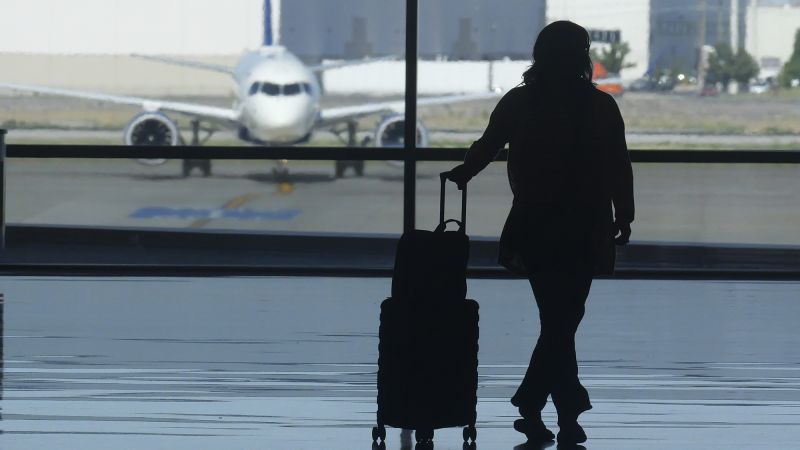Frequent flyer programs have become a crucial part of the profitability of the airline industry, with billions of dollars being paid by banks and credit card issuers to purchase bulk miles from airlines. While the typical airline passenger may not think about the economics behind these programs, they are essential for airlines to generate the profits needed to remain in business. Major carriers like Delta, American, and United rely heavily on frequent flyer programs for revenue, with significant amounts coming from payments made by credit card companies.
These programs are also vital for airlines to encourage travel and build customer loyalty in a highly competitive marketplace. However, they have come under new scrutiny, with the Department of Transportation launching an investigation to ensure consumers are treated fairly. There is also legislation being considered in Congress that could impact the fees credit card companies pay for miles, potentially affecting the rewards consumers receive. Despite this, industry trade groups have defended loyalty programs, emphasizing the benefits they provide to millions of consumers.
While frequent flyer programs are generally good deals for consumers, they are more lucrative for airlines themselves. Consumers are advised to be cautious about overpaying for miles when purchasing tickets and to ensure they are not accruing high-interest rates on credit card purchases. During the pandemic, the revenue airlines received from credit card payments became a lifeline for the industry, with bonds backing these payments valued higher than the airlines themselves. However, it is difficult to separate the value of frequent flyer programs from the overall value of airlines, as they are interconnected and rely on each other for success.
Analysts emphasize the importance of frequent flyer programs to the economics of running an airline, highlighting the direct profits they bring in as well as their role in attracting and retaining customers. With the value of these programs increasingly coming under scrutiny, there are concerns about ensuring transparency and fairness for consumers. However, the loyalty programs continue to play a crucial role in the airline industry’s profitability and will likely remain a central focus for airlines in the future, despite potential regulatory changes. Ultimately, the value of these programs lies in their ability to foster customer loyalty and drive profitability for airlines.













